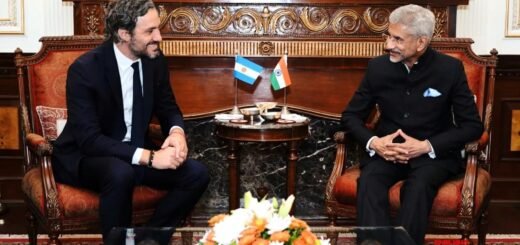Top challenges for Indian Foreign Policy in 2023
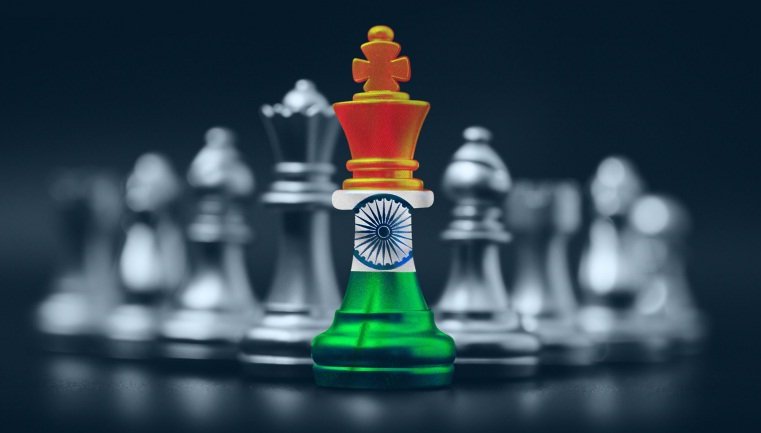
In former Indian Foreign Secretary – Nirumapa Menon Rao’s words, “The foremost task of India’s foreign policy is to enable the domestic transformation of India. And by this, we mean making possible the transformation of India’s economy and society while promoting our values of pluralism, democracy and secularism.”
Indian Foreign Policy is going through a rapid shift in world politics. With the rise of China, the Ukraine Crisis and the forthcoming recession, the top priority in front of India ranges from China to secure its supply chains. Here are 6 top challenges we listed for Indian Foreign Policy in 2023:
1. Managing relations with China:
India has had a complex and sometimes contentious relationship with China, particularly due to border disputes and China’s growing influence in the changing World Order. Managing relations with China has been a milestone in Indian foreign policy which could be achievable only with dialogue and diplomacy. We list China as the number one challenge in front of policymakers in New Delhi.
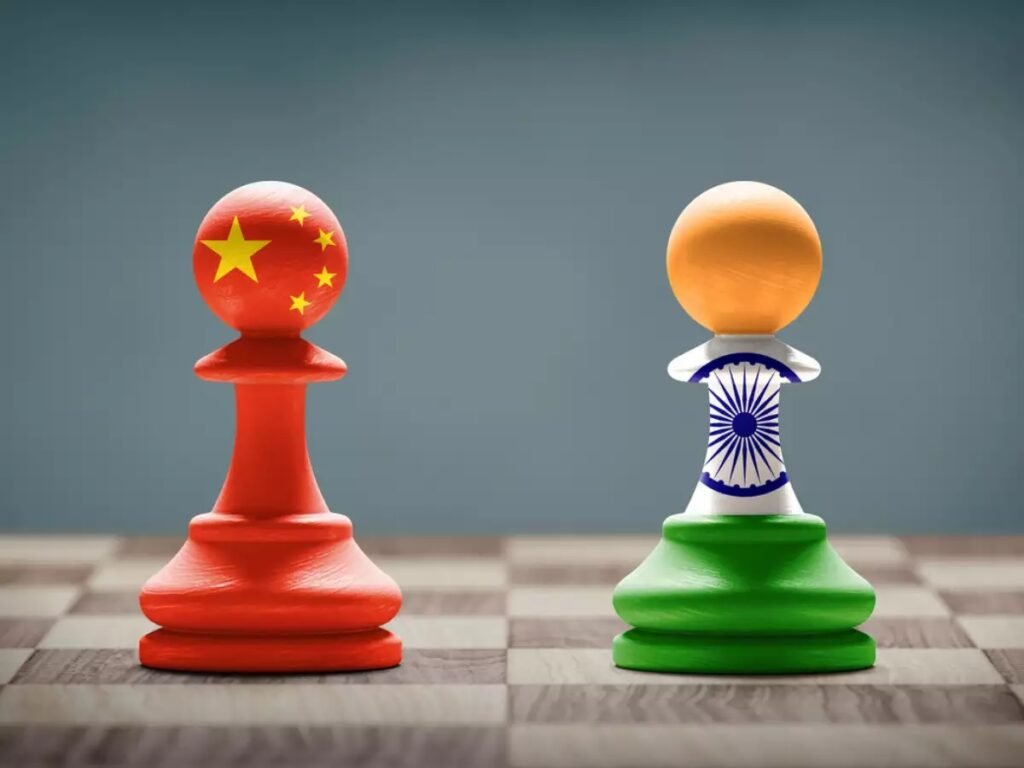
With recent forecasts of becoming the third-largest economy in a decade, India’s growth is linked with China’s rise and maintaining healthy trade relations with China. Here are a few areas both countries can look into:
- Strengthening economic ties: India and China have a significant trade relationship, and strengthening economic ties could help to improve relations between the two countries.
- Engaging in dialogue and communication: Maintaining regular communication channels and engaging in dialogue can help prevent misunderstandings and manage conflicts.
- Building trust and confidence: India and China can work towards building trust and confidence through cooperation on issues of mutual interest, such as climate change and counter-terrorism.
- Managing border disputes: India and China have a long-standing border dispute, and finding a resolution to this issue could help to improve relations between the two countries.
- Fostering people-to-people ties: Encouraging cultural exchanges and people-to-people interactions can help to build a foundation of goodwill and understanding between the two countries.
2. Balancing ties with the United States and Russia:
India has traditionally had strong ties with Russia, but it has also developed a strategic partnership with the United States in recent years. Navigating these relationships and balancing the interests of both countries has been a challenge for Indian foreign policy. With the ongoing Ukraine war, India has been subjected to increasing attacks from the West. Especially, for its decision to abstain from UN resolutions and purchase Russian oil.
To address this, first and foremost India needs to avoid taking sides and put forward its national interests on top. Diplomatically, India needs to use its influence as a bargaining chip for both the United States and Russia.
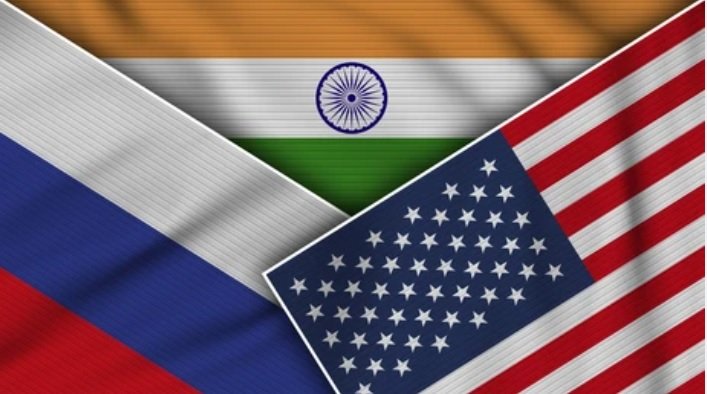
Another step in balancing the ties is – Communicating openly and transparently. It’s generally hard in diplomacy to put your interests on the table, however, effective communication on Russia is the need of the hour. India shouldn’t bow down to the pressure from the West. There are many developing countries that are seeking the middle path. India has this opportunity to rise and lead the developing world.
Seeking opportunities for cooperation can be another positive step in balancing ties. India can look for opportunities to cooperate with both Russia and the United States on issues of mutual interest, such as economy, counter-terrorism and regional stability.
3. Combating Terrorism:
Combating terrorism is an important foreign policy objective for India, as the country has faced a number of terrorist attacks, particularly from Pakistan-based groups. Some of the areas that India needs to look at are:
- Engaging in regional and international cooperation: With the Taliban in power and rising security threats, one of the best decisions by the policymakers in New Delhi was to conduct the first meeting of India-Central Asia NSAs. Regional cooperation meetings like this raise several critical issues, including terror financing and counter-terrorism. India needs to step up its game internationally in order to dismantle terror networks and their funding.
- Seeking to hold accountable those who support or sponsor terrorism: India has sought to hold accountable those individuals or groups who support or sponsor terrorism, including through the use of financial sanctions and other measures. However, India needs to enhance its diplomatic game at the UN and name the perpetrators and all those who protect fringe entities.
- Enhancing cybersecurity and protecting critical infrastructure: India can work to improve its cybersecurity capabilities to protect against cyber threats, which are increasingly being used by terrorists to plan and carry out attacks. According to, CloudSek India was the most targeted country in 2022 as attacks on government agencies more than doubled. Last month, India’s top government-run hospital All India Institute of Medical Science (AIIMS) was also hit by a cyberattack causing disruption of online services that lasted over two weeks. Regional and International Cooperation against cyber-terrorism should be one of the top priorities.
4. Securing its energy needs
India’s energy security is a concern due to the country’s growing energy needs and its reliance on energy imports. India is the third largest consumer of oil in the world and imports around 80% of its crude oil needs. It is also a major importer of coal, natural gas, and other forms of energy. This reliance on energy imports makes India vulnerable to disruptions in the global energy market and to the political instability in some of the countries from which it imports energy.

Energy security is an important factor in India’s foreign policy as the country seeks to ensure a stable and reliable supply of energy to meet its growing energy needs. India has pursued a number of strategies to secure its energy needs through its foreign policy, whether it’s Building international partnerships with key energy-producing countries and regions or Investing in overseas energy assets including oil and natural gas fields, to ensure a stable energy supply.
India’s Participation in regional and international energy organizations has been remarkable. It has been Promoting energy cooperation with other countries through initiatives such as the India-ASEAN Free Trade Agreement and the Asia-Pacific Partnership on Clean Development and Climate.
However, one of the major sources of India’s energy needs comes from the Middle East, Gulf Cooperation Council (GCC) countries in particular, in order to secure its energy needs, India needs to maintain high-functioning relations with the Arab nations. Due to domestic issues in 2022, India- Middle East relations touched a low. In 2023, India should be enhancing political relations with them; High-level visits and diplomatic engagement could be an important approach to that.
5. Shaping its relations with Africa
Africa is an important contributor to the world economy and is home to a number of important resource-rich countries. The continent is a major producer of commodities such as oil, natural gas, minerals, and agricultural products, which are in high demand globally. Africa is also home to a large and growing consumer market, which presents opportunities for companies looking to expand their businesses.
To envision its goal of a $5 Trillion economy, India needs to shape its ties with Africa, while keeping an eye on China. Since the Chinese investments are huge and one of the biggest contributors to Africa’s development, it will be a tough nut for India to crack. China’s policy of non-interference has made it one of the most favourable business partners in Africa. However, given the track record of its debt diplomacy and huge western opposition to China, makes way for India easier.
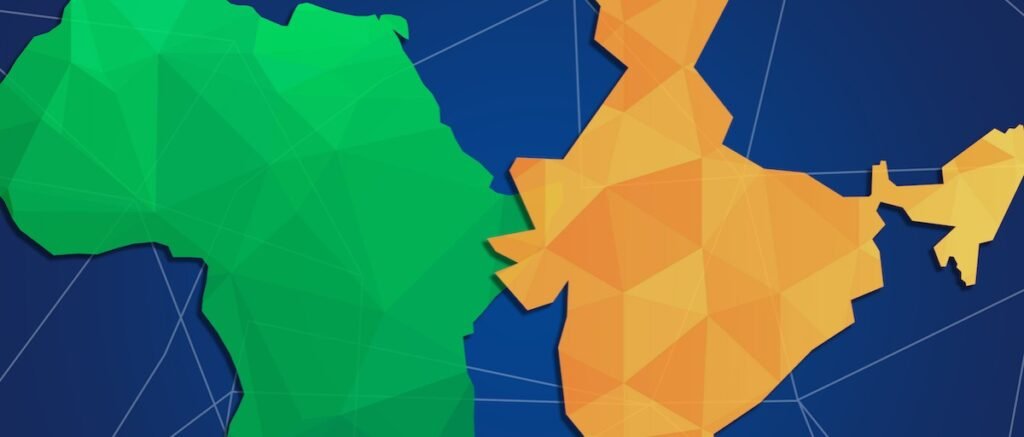
India can leverage its soft power in shaping new-era ties with African countries. Here are a few areas where India can set the momentum for the win-win cooperation between the two geographies:
- Building economic ties: India can work to strengthen economic ties with African countries through initiatives such as trade and investment agreements, joint ventures, and infrastructure development projects.
- Promoting cultural exchange: India can promote cultural exchange with African countries through initiatives such as exchange programs, cultural festivals, and educational initiatives.
- Building political relationships: India can work to build strong political relationships with African countries through high-level visits and diplomatic engagement.
- Providing development assistance: India can provide development assistance to African countries in the form of aid, technical assistance, and capacity building to support economic and social development.
- Engaging in regional diplomacy: India can engage in regional diplomacy through initiatives such as the India-Africa Forum Summit and regional organizations such as the African Union.
6. Protecting Indian interests in the Indian Ocean region:
India has sought to secure its interests in the Indian Ocean region, particularly as other countries, such as China, have increased their presence there. There are several areas where Indian involvement is increasing and seeing its impact, New Delhi needs to align them with its foreign policy goals. Whether it’s about Supply Chain or security-related issues. To avoid any disruption in trade and commerce. India has to address the poor infrastructure and Logistical problems.
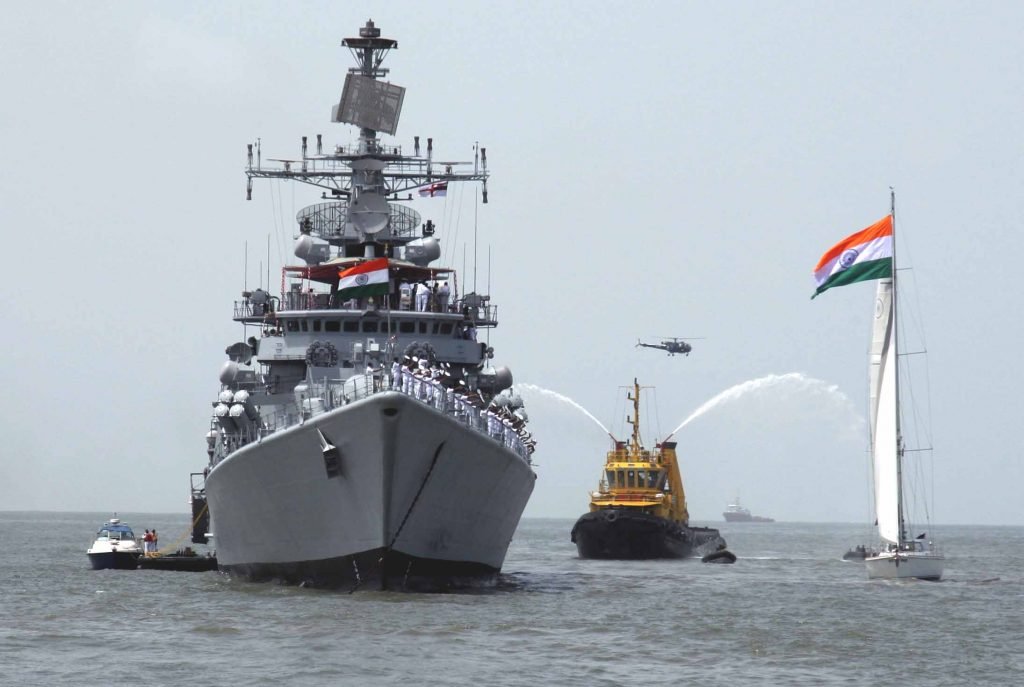
Additionally, there are several steps that India can take to protect its interests in the Indian Ocean region, including the following:
- Strengthening its naval and coast guard capabilities: India can invest in its naval and coast guard forces to improve its ability to patrol and defend its territorial waters and protect its strategic assets in the region.
- Enhancing its maritime domain awareness: India can invest in improving its ability to gather and analyze information about the maritime environment, including the movement of vessels and other potential threats.
- Building international partnerships: India can work with other countries and international organizations to coordinate efforts to promote stability and security in the region.
- Promoting regional economic development: India can work to promote economic development in the region through initiatives such as infrastructure development and regional trade agreements.
- Engaging in regional diplomacy: India can engage in regional diplomacy, including through regional organizations such as the Indian Ocean Rim Association, to promote regional cooperation and address security challenges.



